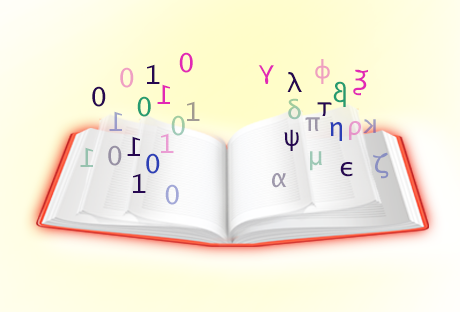ADHD is the most common developmental disorder among school chilren. The disorder is usually caused by neurological abnormalities, although its course and outcome are significantly influenced by social perceptions regarding its symptoms. Early diagnosis and treatment of ADHD is considered extremely important for the child?s well being as well as for the improvement of the atmoshpere in the classroom. However, child?s referal to a specialist is strongly depended on the parents? beliefs and feelings about their child?s behavior. The present study, aims to investigate parental perceptions about the causes of ADHD and their feeling of self-efficacy in coping with related problems. Participants were parents of 28 clinically referred boys aged 5.5 ? 14.5 years (mean age: 10.02, sd=30.31), who received diagnosis of ADHD by an experienced clinician. Parents completed the following questionnaires: (a) ADHD Rating Scale (b) Parental Account of the Causes of Childhood Problems Questionnaire (PACCP) (c) A questionnaire based on Bandura?s theory of self-efficacy. Results demonstrated that 93% of parents attribute ADHD to learning difficulties. Moreover, 57% of parents consider as causal factor the child?s character and 39% the spoiled upbringing. Less than 30% attribute ADHD to other familial conditions or neurobiologcial abnormalities. In addition, it was demonstrated that parents? feeling of self-efficacy was negatively affected by their belief that ADHD is caused by the child?s character (r=-.464) or spoiled upbringing (r=-.541). Discussion focuses on the role of child psychologists or other specialists in modifying possible paretnal false beliefs regarding ADHD as a crucial step towards an effective treatment.








